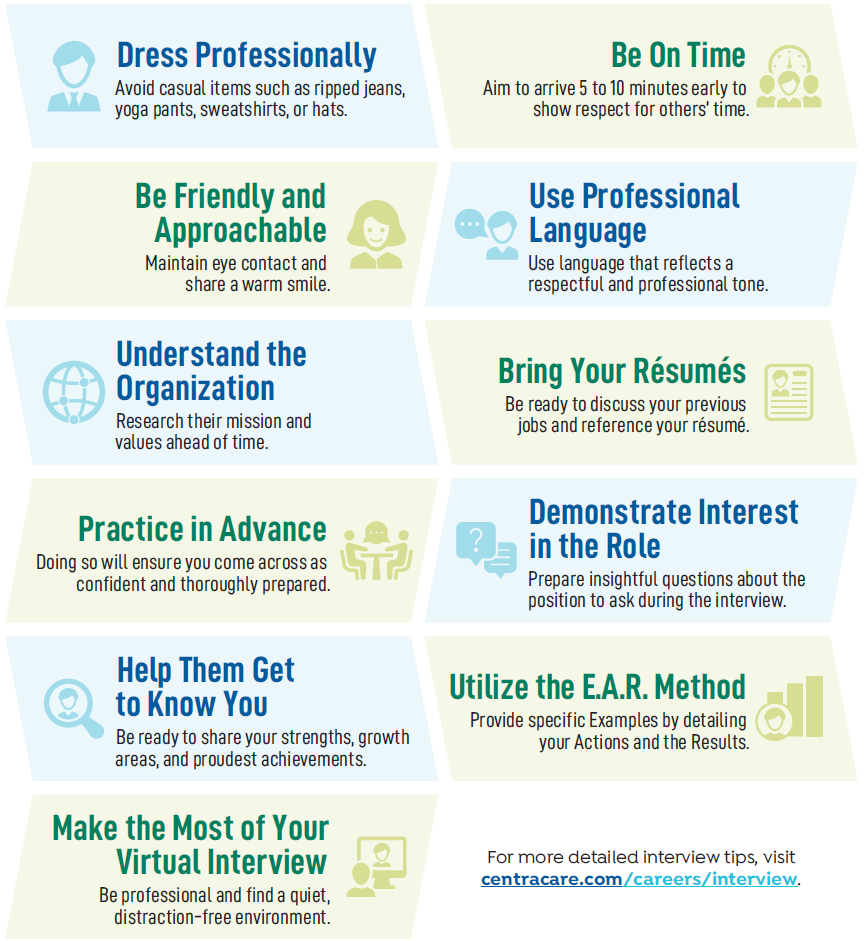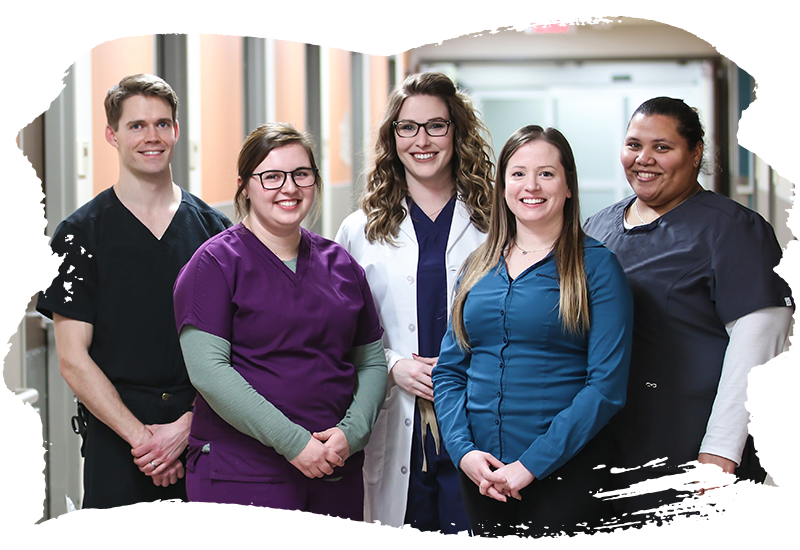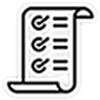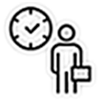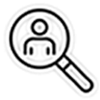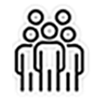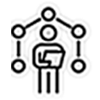Be Prepared
Appropriately preparing for your interview means understanding your key strengths and skills, researching the position you're applying for and the company you're interviewing with and identifying how you will benefit their organization.
Prepare Key Strength Statements
The first step in preparing for an interview is to know your strengths and skills. Personal traits can be described as your unique qualities. Always be prepared to provide an example of how you demonstrated skills and how they can contribute to the organization.
Many employers value five key strengths as critical for any job: customer satisfaction, team work, communication skills, interpersonal skills and adaptability. Make sure you have developed good examples that demonstrate you have these five key strengths.
Research the Employer
The more you know about the company, the better you will be able to explain how you can fit in and your talents can be used. Researching the employer can help you to:
- Identify companies that may be hiring in your field
- Help you target your cover letter and resume
- Find hidden job markets
- Prepare you for an interview
- Understand how you can apply your skills in a new field
Promote Your Brand
During an interview, you have the opportunity to promote your unique skill set directly to the employer. First impressions are extremely important, so it is crucial that you know how to present yourself before you even start the interview.
Be sure to identify:
- What makes you unique from other jobseekers
- Specific skills you bring to the job
- Who you are as an individual and what you’ve accomplished
Highlights for the Interviewer
Write down the 4-5 most important points or highlights you want the interviewer to remember. In an interview, you are a salesperson. Your task is to promote your most important skills, strengths, experiences and values or anything that shows the interviewer that you are the best fit for the job and the company. Short, 2-3 minute stories about your most important characteristics should be the foundation of the talking point


